
Anyone Else Wonder What Dodgers Talked To Phillies About During Wavier Signing Period?
More than anything, a waiver claim is about getting attention. Undivided attention.
Before the deadline, any team can talk to any team about any player. And they do. All the time. Even after the non-waiver trade deadline, when the game drastically changes.
But after that non-waiver trade deadline, when player mobility is limited to which teams want to roll the dice by way of claiming which players, child's play abruptly ends. Remember: If a team puts in a waiver claim on a player, they own his rights after 72 hours if a decision isn't made. There's no brushing it off. At the same time, the claiming team runs the risk of getting stuck with the player -- and his salary.
After that non-waiver trade deadline, there's only talk. No, ehem, walk.
The Dodgers had the Red Sox undivided attention Friday, when they put in a claim for Adrian Gonzalez. Once they did, they hammered out a deal to complete a total roster reconstruction.
That seemed the plan all along. You don't just take on some $60-plus million per year within a three-day window. Even if you're the Guggenheim Group, and they're bailing out Bobby Valentine. No, no -- you think about it, long and hard, and make it the organization's foremost agenda. Seek it out. Do your homework. Research, research, research. Make plans, then contingencies to the plan, then contingencies to the contingencies.
Makes you wonder how long that was said standing plan.
Because the Dodgers had the undivided attention of the Phillies earlier this month, when they put in a waiver claim on Cliff Lee. And that makes you wonder what they talked about.
Makes you wonder whether they talked about Ryan Howard. Have to think LA figures him at least on par with Gonzalez, who, oh by the way, plays the same right corner infield spot as Howard, and James Loney (.254, .302, .344, .646), who LA didn't seem to sorry to part ways with.
Makes you wonder whether they talked about Jimmy Rollins. The Phillies started that conversation (according to Jayson Stark) when they "aggressively" shopped him to the Dodgers at the deadline, and LA passed because Philly's ask was too high. Might that price, and the Dodgers' perception of its value, have changed? Might they have mulled moving Hanley Ramirez, who they acquired after talking to the Phillies about Rollins and before talking to them about Lee, to third, where they're getting an OPS (.691) that ranks No. 23 in baseball?
Makes you wonder whether they talked about Jonathan Papelbon. If money's no object, he would offer the postseason pedigree (won World Series with Red Sox in 2007) and assurance that Kenley Jansen (1.93 ERA with 25 saves for LA in 2012) can't.
Makes you wonder what all this, if it really happened, would say about the Phillies' organizational longview. They, too, could've dumped the kind of copious cash that did Boston, pushing the reset button in earnest, unloading iffy (not bad, just iffy) contracts, changing the prevailing psyche of the clubhouse from 'Set In Their Ways" to "Scrapping For A Payday," tearing this thing to the ground to build it back up.
But they didn't. Didn't let LA have Lee, or anyone else.
Maybe that means they're only willing to part ways with a Cy Young winner and guy who pieced together one of the best postseasons ever if someone sweetens the deal to their taste. Maybe it means LA didn't, or couldn't. Maybe it means they're trying to be viable in 2013. Maybe Philly has a plan of its own.
Whatever the case, this all -- the Dodgers claim on Lee, and then their claim and trade for Gonzalez and the rest of them -- makes for a pivotal moment in the Phillies franchise history. Maybe.
If only we knew what was said, and about whom.
More From 97.3 ESPN
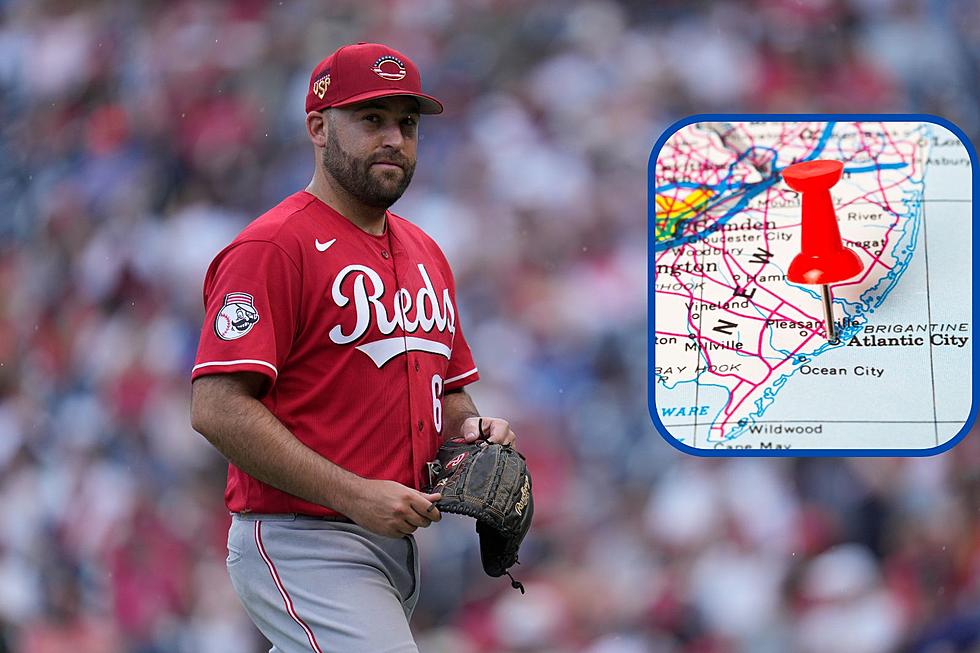

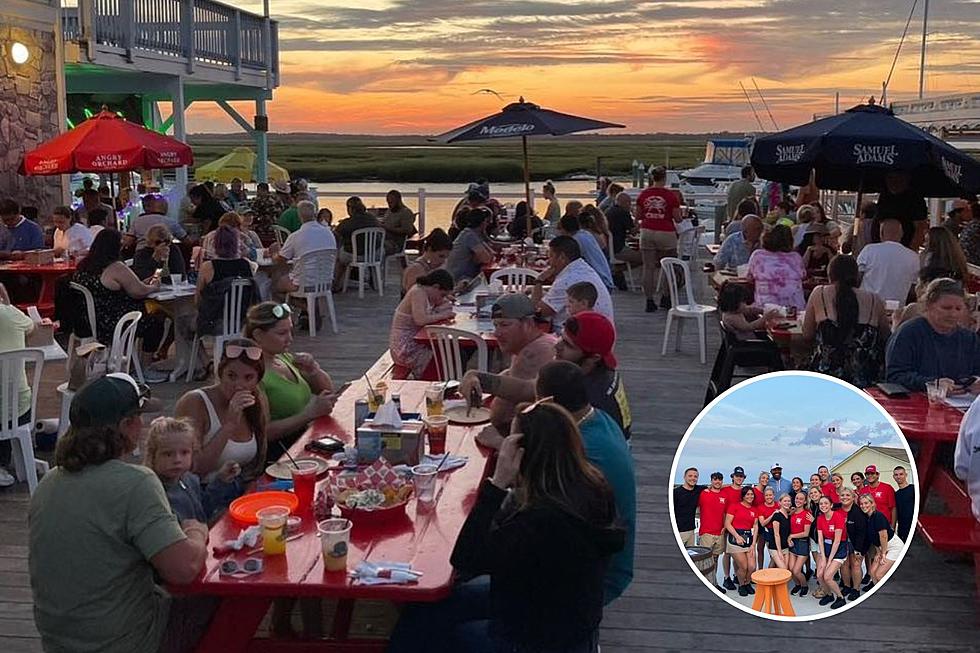
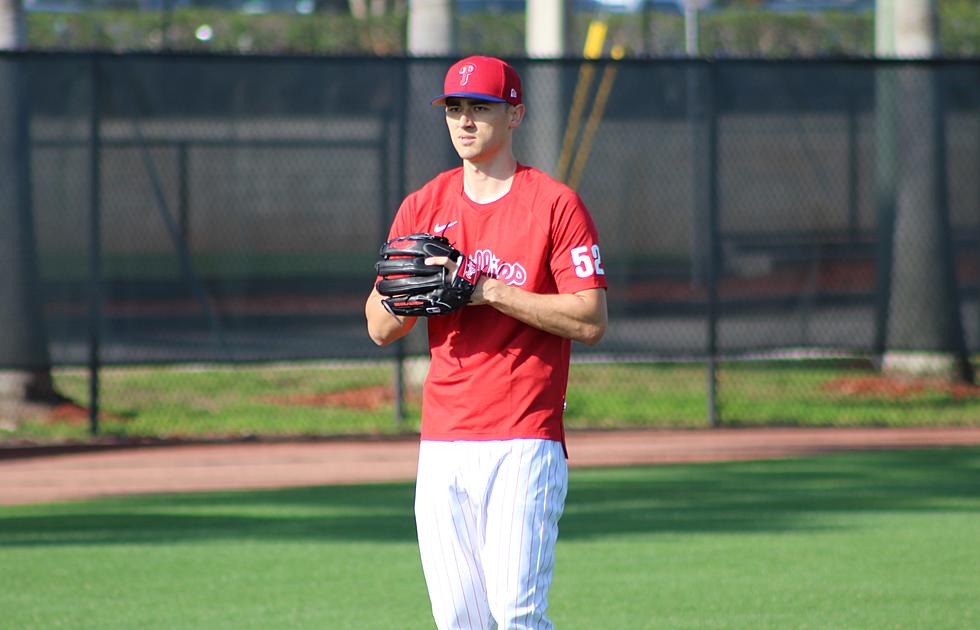

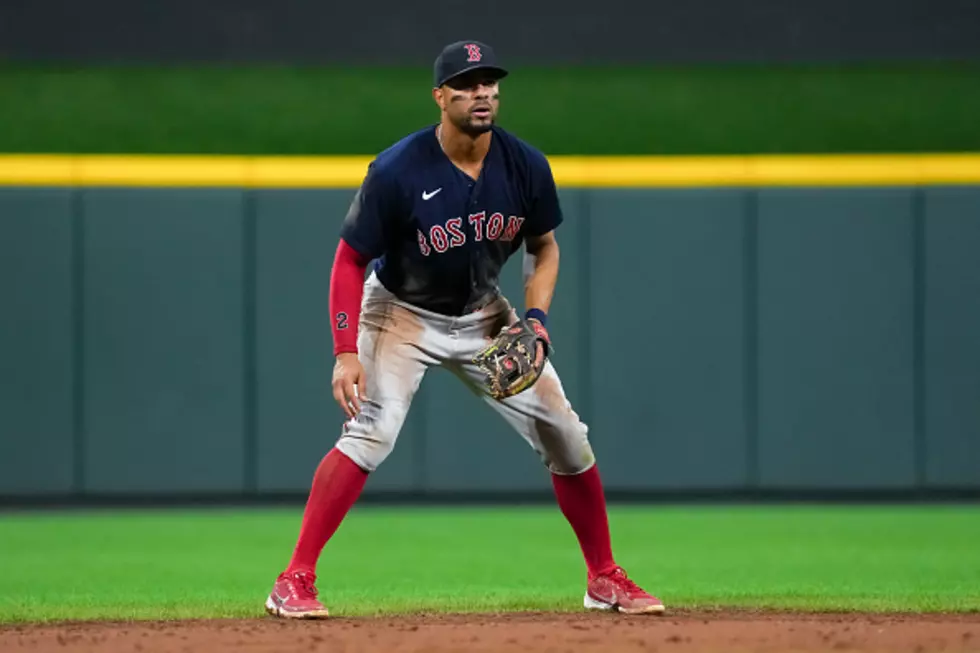

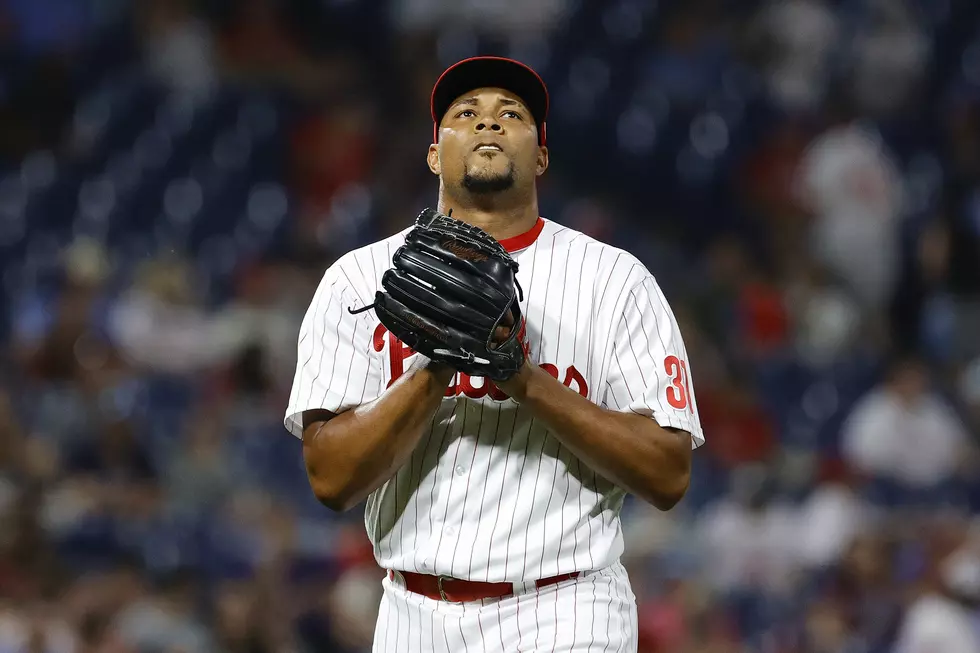
![Watch ‘Top Gun: Maverick’ Star Miles Teller Throw Out First Pitch at a Phillies Game [VIDEO]](http://townsquare.media/site/398/files/2022/06/attachment-Rooster-Pic.jpg?w=980&q=75)
